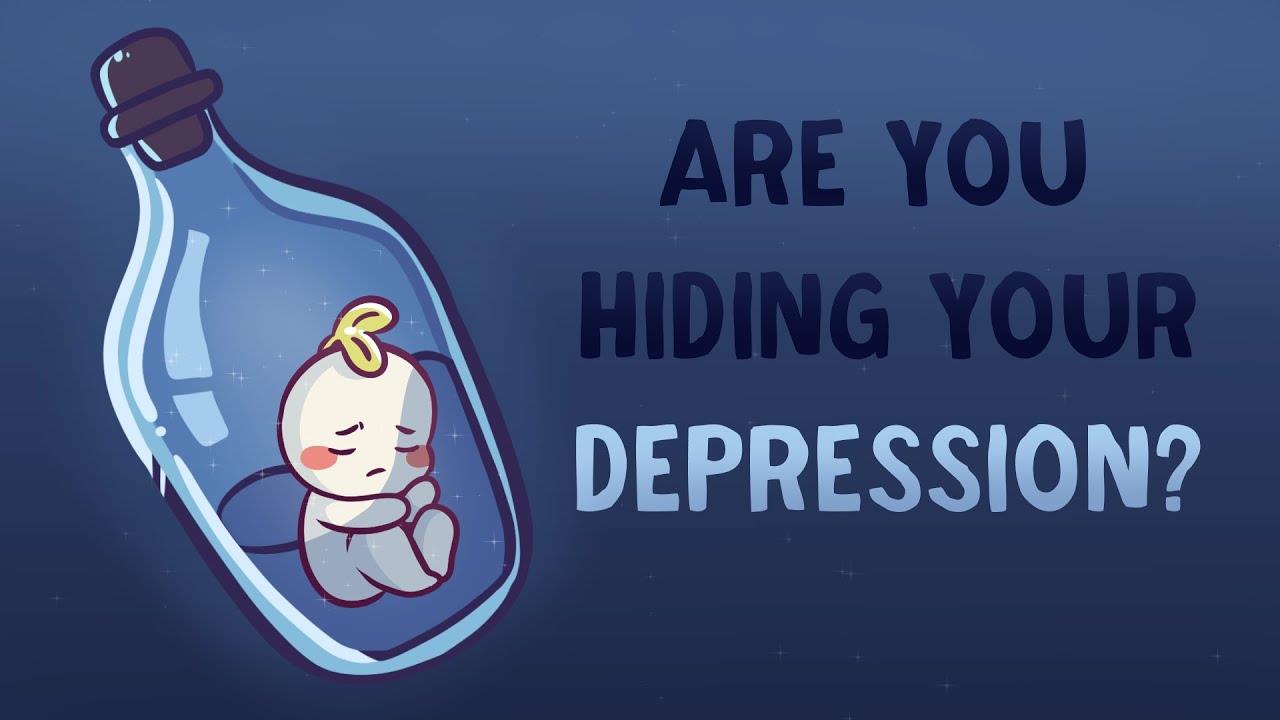Depression is a pervasive mental health issue that affects millions worldwide. However, stigma, misconceptions, and personal pride can lead individuals to mask their struggles. Identifying hidden signs of depression is a step towards compassion, support, and effective intervention.
1. Changes in Sleep Patterns Depression can manifest in sleeping too much (hypersomnia) or too little (insomnia). Someone might joke about their all-nighters or daytime lethargy, but these could be cries for help masked by humor.
2. Loss of Interest in Activities They Once Enjoyed Pay attention to a sudden disinterest in hobbies or activities. What was once a source of joy might now seem unappealing or overwhelming to them.
3. Withdrawal from Social Activities A person may start declining invitations they would typically accept, preferring isolation over social interaction, often excusing their absence as being busy or tired.
4. Overworking or Immersing Themselves in Activities An increase in work or activities can be a diversion tactic from dealing with emotional pain, serving as a temporary escape from their internal turmoil.
5. Changes in Eating Habits Significant changes in eating habits, whether eating too much or too little, can be indicative of emotional distress. Comments about appetite changes might be subtle hints of deeper issues.
6. Unexplained Physical Ailments Depression can manifest physically, presenting as frequent headaches, digestive issues, or a constant feeling of fatigue, often without a clear medical cause.
7. Decreased Productivity and Concentration A decline in work or academic performance, difficulty concentrating, or making decisions can signal cognitive effects of hidden depression.
8. Neglecting Personal Care Ignoring personal hygiene, appearance, or living spaces can be a sign of a lack of self-worth or interest, which is commonly seen in depression.
9. Substance Abuse Increasing reliance on alcohol, drugs, or even prescription medication beyond their intended use can be a coping mechanism for underlying depression.
10. Fluctuations in Weight Significant weight gain or loss without a deliberate cause might reflect changes in appetite or self-care related to depression.
11. Expressing Feelings of Worthlessness or Guilt Even in casual conversation, expressions of self-doubt, worthlessness, or undue guilt can be a window into the person’s internal struggle.
12. Sudden Calmness After a Period of Depression A sudden shift from being visibly distressed to calm might indicate a person has made a decision about ending their life, viewing it as a relief from their pain.
13. Making Preparations or Giving Away Possessions Putting affairs in order or giving away valued possessions without a clear reason can be a red flag, especially if other signs of depression are present.
14. Speaking or Writing About Death Frequent mentions of death, dying, or the afterlife, even if seemingly philosophical, can be an expression of deep-seated thoughts about escaping their pain.
15. Forced Happiness Displaying an overly cheerful demeanor, which feels forced or inconsistent with their situation, can be a mask for underlying depression.
Conclusion: The Importance of Recognizing Hidden Depression Understanding and recognizing these 15 signs are vital steps in reaching out and providing support to those hiding their depression. It’s crucial to approach the topic with sensitivity, offering a non-judgmental space for them to share their feelings and experiences. Encouraging professional help and being a steadfast support can make a significant difference in their journey towards healing. Remember, the mask of depression can be heavy; recognizing the weight it hides can be the first step in lifting it. Let’s foster an environment where mental health struggles can be openly discussed and addressed without fear of stigma or judgment. Together, we can make a difference in the lives of those silently suffering.
